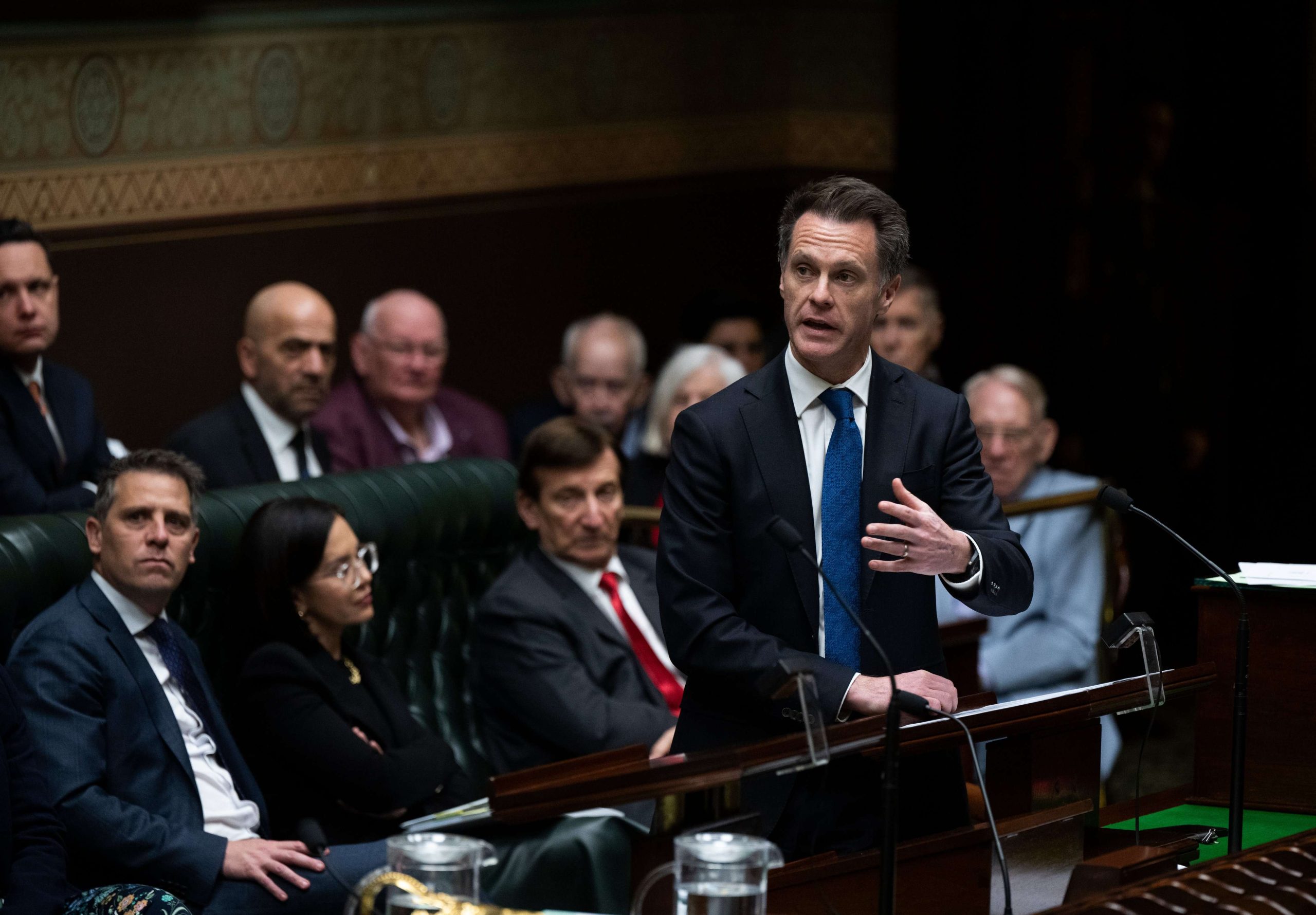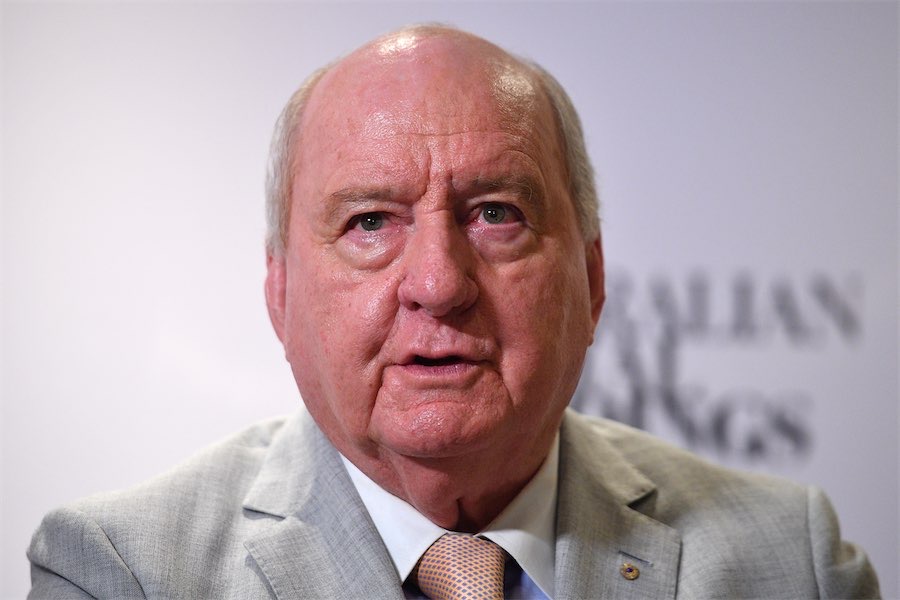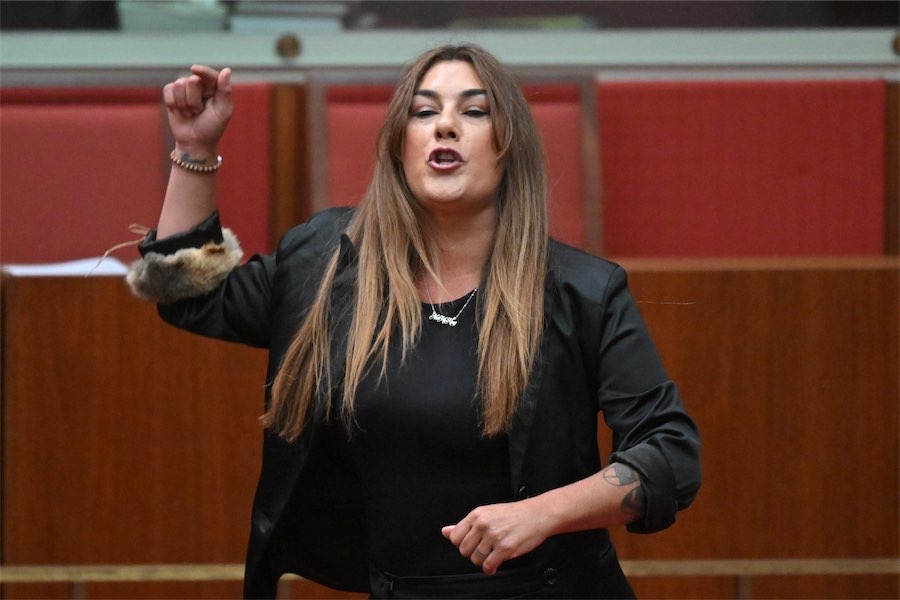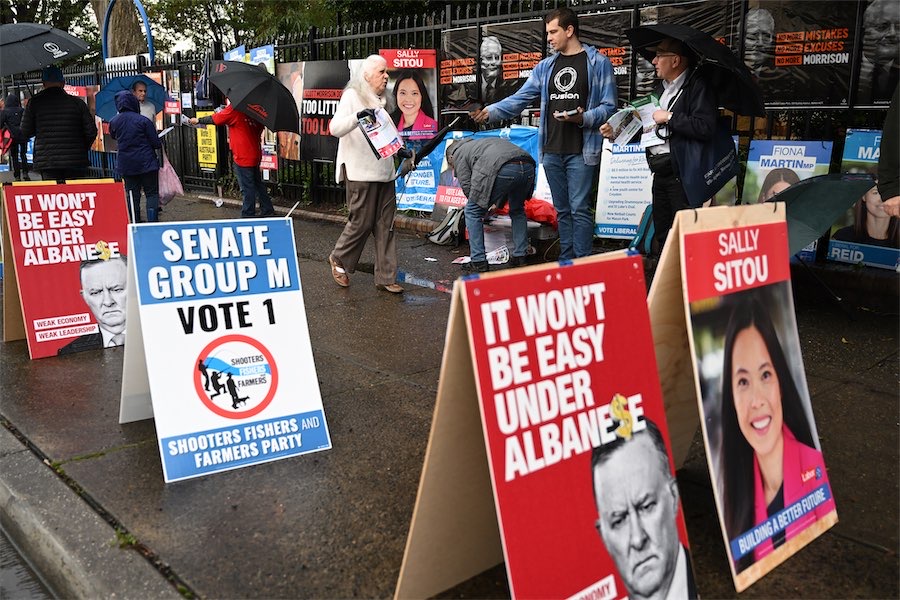
Activists are urging the NSW government to back up a historic apology for laws criminalising homosexuality with further action to permanently end discrimination.
Premier Chris Minns delivered the apology to a packed parliamentary floor on Thursday, saying previous laws laws forced people to live smaller lives and denied them the chance to experience “the greatest of human joys”.
Four decades after laws making homosexual acts a crime were repealed, NSW on Thursday became the last Australian state to apologise for its treatment of the LGBTQI community.
“To those who survived these terrible years and to those who never made it through, we are truly sorry,” Mr Minns said.
“For every person who experienced fear … everyone who lost a job, who lost their future, or who lost the love of family and friends, we are very sorry for every person, convicted or otherwise, who were made to live a smaller life because of these laws.”
Many people convicted under the laws and advocates for change were in the parliamentary gallery for the apology.
The premier relayed stories of people losing jobs, being denied opportunities and having their families turn their backs on them because of their criminal convictions.
One of those convicted under the laws, Jacquie Grant, found herself in Cooma prison in 1962 before fleeing the nation to New Zealand to escape further persecution.
“I was one of the lucky ones, all my peers are dead … died from suicide, drug overdoses,” she said.
“The apology doesn’t mean a hell of a lot actually, what it brings up for me is the lost opportunity for the people that died.”
Peter de Waal spent years campaigning for the NSW government to apologise for criminalising homosexual acts, but he admitted the action was bittersweet after the death of his partner, Peter “Bon” Bonsall-Boone, in 2017.
Mr Bonsall-Boone lived for nearly six decades as a criminal, repeatedly denied opportunities in life after being convicted of two offences for homosexual acts when he was 20.
“He personally can never feel what it’s like to have a government say ‘what we did to you having those laws in place was wrong’,” Mr de Waal told AAP.
Blasting the former laws as “state-sanctioned discrimination”, Labor minister Penny Sharpe, who became the first openly gay woman in NSW parliament in 2005, said she stood on the shoulders of the activists who fought for change.
“You did this under the threat of arrest, being outed, being bashed and losing your jobs,” she told parliament.
“I am able to do this job, have the family I have and live the life I want because of your efforts.”
Opposition Leader Mark Speakman said the previous laws were “brazenly discriminatory” in forcing LGBTQI people to stay in the shadows instead of being embraced as part of a diverse community.
But the only openly gay member of the state’s lower house called for the government to commit to doing better by the queer community.
“Get out of our bedrooms, get out of our pants and let us live our lives,” Sydney MP Alex Greenwich said.
Mr Greenwich has put a bill to NSW parliament in an attempt to protect the rights of LGBTQI community members, such as guarding gay teachers from being fired from their jobs because of their sexuality.
The premier committed to working with Mr Greenwich on the bill, a move Equality Australia legal director Ghassan Kassisieh found encouraging.
“It is 40 years on from the wrongs of the past, but we still live that history and it is time for this parliament to … give the gift to the next generation for a better future,” he said.
Victoria was the first state to formally apologise with South Australia doing so in 2016, before Queensland, Western Australia and Tasmania followed suit in 2017.
Who can be trusted?
In a world of spin and confusion, there’s never been a more important time to support independent journalism in Canberra.
If you trust our work online and want to enforce the power of independent voices, I invite you to make a small contribution.
Every dollar of support is invested back into our journalism to help keep citynews.com.au strong and free.
Thank you,
Ian Meikle, editor





Leave a Reply